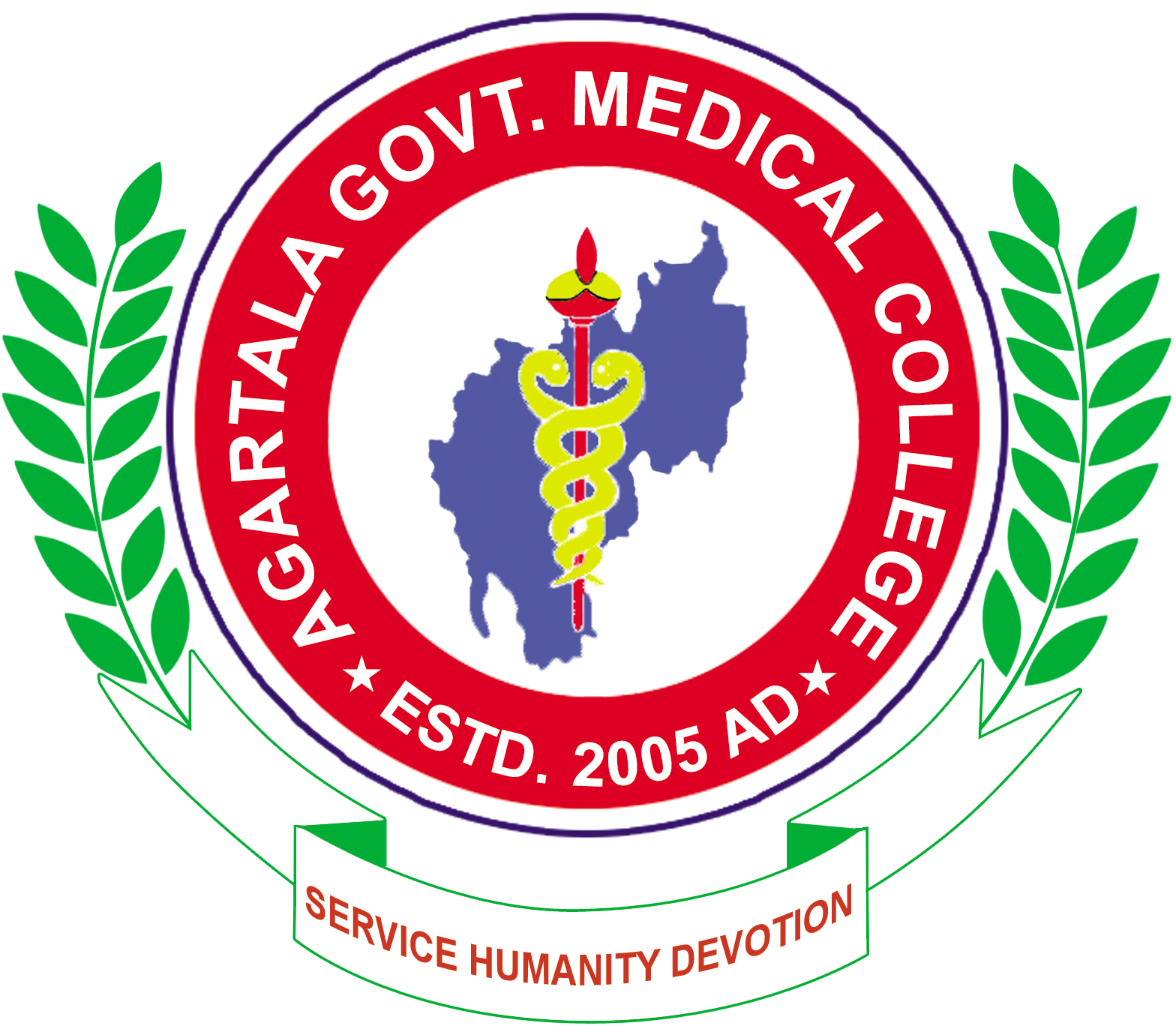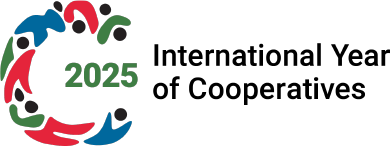Department of Ophthalmology
The Department of Ophthalmology at AGMC focuses on comprehensive eye care, medical education, and research in ophthalmic sciences. It aims to deliver high-quality patient care, train medical students, and contribute to research in eye diseases.
1. Academic Curriculum
The department offers education and training in ophthalmology for both undergraduate (MBBS) and postgraduate (MS Ophthalmology) students. The key areas of study include:
- Clinical Ophthalmology: Diagnosis and treatment of eye disorders, including cataracts, glaucoma, retinal diseases, and refractive errors.
- Surgical Techniques: Hands-on training in surgical procedures like cataract surgery (phacoemulsification), glaucoma surgery, corneal transplantation, etc.
- Ophthalmic Diagnostics: Use of advanced diagnostic techniques such as Optical Coherence Tomography (OCT), ultrasound, and fundus photography.
- Community Ophthalmology: Public health initiatives for the prevention and control of blindness, focusing on underserved populations.
- Ocular Pathology: Study of diseases of the eye at the tissue level and microscopic examination of ocular specimens.
2. Clinical Services
The department provides a wide range of clinical services to both inpatients and outpatients, including:
- Outpatient Department (OPD): Comprehensive eye examinations, diagnosis, and treatment of common eye conditions such as cataracts, refractive errors, glaucoma, and retinal diseases.
- Surgical Services: A well-equipped operation theatre for performing advanced eye surgeries, including cataract surgeries (phacoemulsification), retinal surgeries, corneal transplants, and glaucoma surgeries.
- Specialty Clinics:
- Pediatric Ophthalmology: Specialized care for children's eye problems.
- Retina Clinic: Diagnosis and treatment of retinal diseases, including diabetic retinopathy.
- Corneal Clinic: Management of corneal disorders, including corneal transplants.
- Glaucoma Clinic: Comprehensive care for glaucoma patients.
- Pediatric Ophthalmology: Specialized care for children's eye problems.
- Diagnostic Services:
- Optical Coherence Tomography (OCT)
- Fundus Fluorescein Angiography (FFA)
- Visual Field Testing (Perimetry)
- Optical Coherence Tomography (OCT)
3. Community Eye Care Services
The department actively participates in various community-based programs, aiming to prevent blindness and promote eye health:
- Eye Camps: Regular eye camps in rural and underserved areas, offering free check-ups, surgeries, and treatment for cataracts and other eye conditions.
- School Eye Screening: Vision screening programs for children in schools, with an emphasis on early detection of refractive errors and other eye diseases.
- Public Awareness Programs: Initiatives to raise awareness about common eye problems, the importance of eye care, and preventive measures for conditions like cataracts and glaucoma.
4. Faculty
The department has a dedicated team of experienced ophthalmologists who specialize in various subspecialties of ophthalmology:
- Head of Department (HOD): Dr. [Name], MD (Ophthalmology), specializes in cataract surgery and retinal diseases.
- Faculty Members:
- Dr. [Name], Senior Consultant in Cornea and Refractive Surgery.
- Dr. [Name], Specialist in Glaucoma Management.
- Dr. [Name], Pediatric Ophthalmology Specialist.
- Dr. [Name], Senior Consultant in Cornea and Refractive Surgery.
They mentor both undergraduate and postgraduate students and are actively involved in clinical research.
5. Workshops, Seminars, and Conferences
The department regularly conducts educational activities to enhance the knowledge and skills of students and practitioners:
- Surgical Skills Workshops: Practical training sessions on phacoemulsification, glaucoma surgery, and retinal surgery.
- Seminars on Eye Health: Presentations on recent advancements in ophthalmology, including updates on ocular pharmacology and surgical innovations.
- Conferences on Ophthalmology: Annual conferences discussing cutting-edge research, clinical cases, and new surgical techniques.
6. Facilities and Resources
- Lecture Halls: Modern lecture halls with audio-visual equipment for interactive teaching sessions.
- Eye Bank: A facility for the collection and storage of corneal tissue for transplantation.
- Outreach Centers: Eye care services and facilities in rural areas through mobile units and community health centers.
- Library and Learning Resources: Access to textbooks, journals, and online databases in ophthalmology and related fields.
7. Research and Publications
The department is actively involved in clinical and translational research, contributing to advances in eye care:
- Ongoing Research Projects: Research in the areas of cataract surgery outcomes, glaucoma management, diabetic retinopathy, and corneal diseases.
- Publications: Faculty members regularly publish papers in leading national and international ophthalmology journals.
- Collaborations: The department collaborates with other medical institutions and research bodies to enhance research in eye care.
8. Student Involvement
The department provides opportunities for students to engage in both academic and clinical work:
- Clinical Rotations: Students participate in outpatient services, surgical procedures, and inpatient care.
- Research Opportunities: Students can take part in research projects related to ophthalmology and public health initiatives focused on eye care.
- Community Service: Active involvement in community eye camps and school eye screening programs.
9. Future Directions
The Department of Ophthalmology at AGMC aims to:
- Expand Clinical Services: Increase outreach through community eye care programs and establish specialty eye clinics for advanced care.
- Strengthen Research: Focus on areas such as retinal diseases, glaucoma treatment advancements, and corneal regeneration.
- Enhance Training Programs: Develop advanced surgical skills programs for postgraduate students and practicing ophthalmologists.


